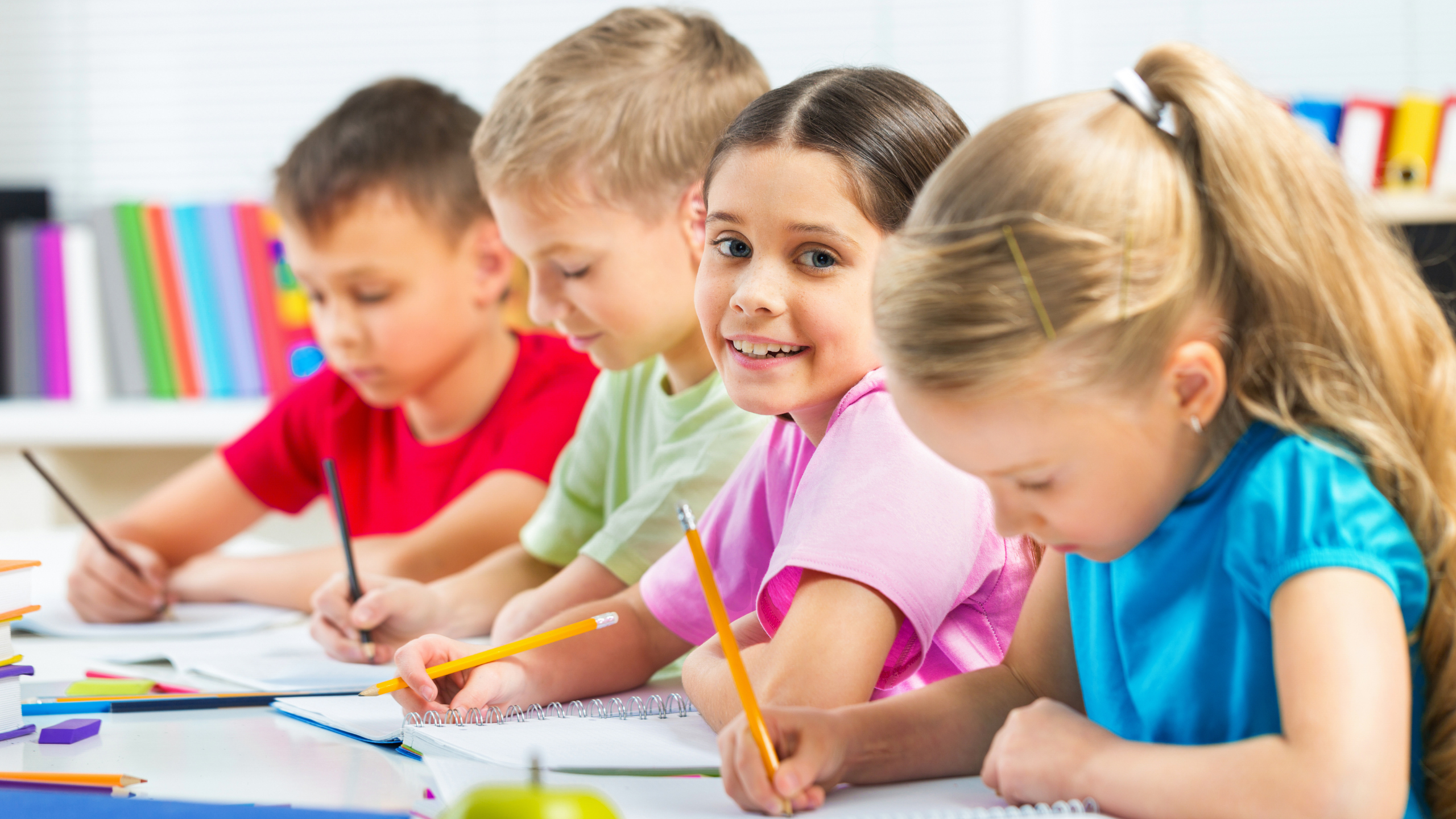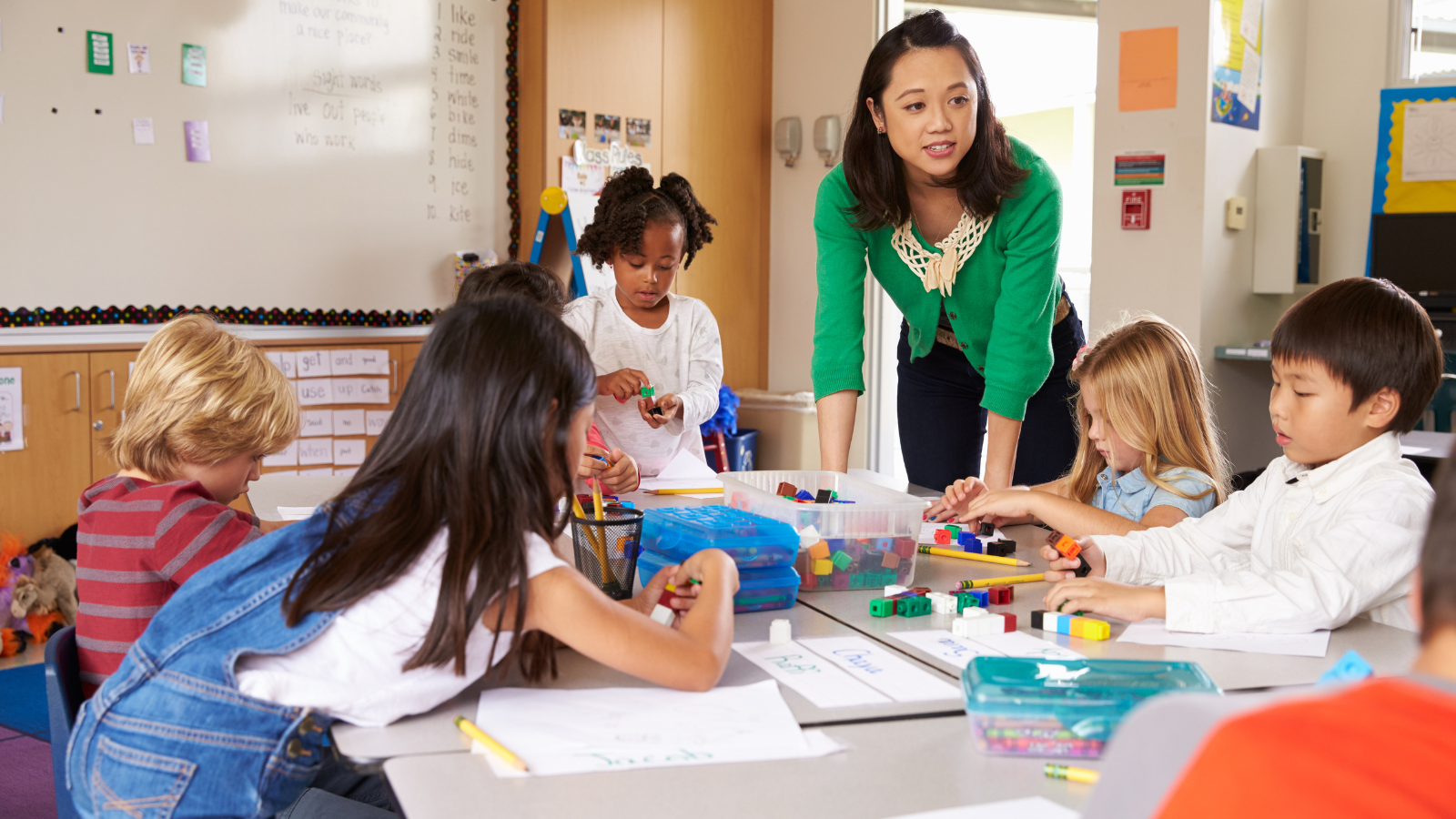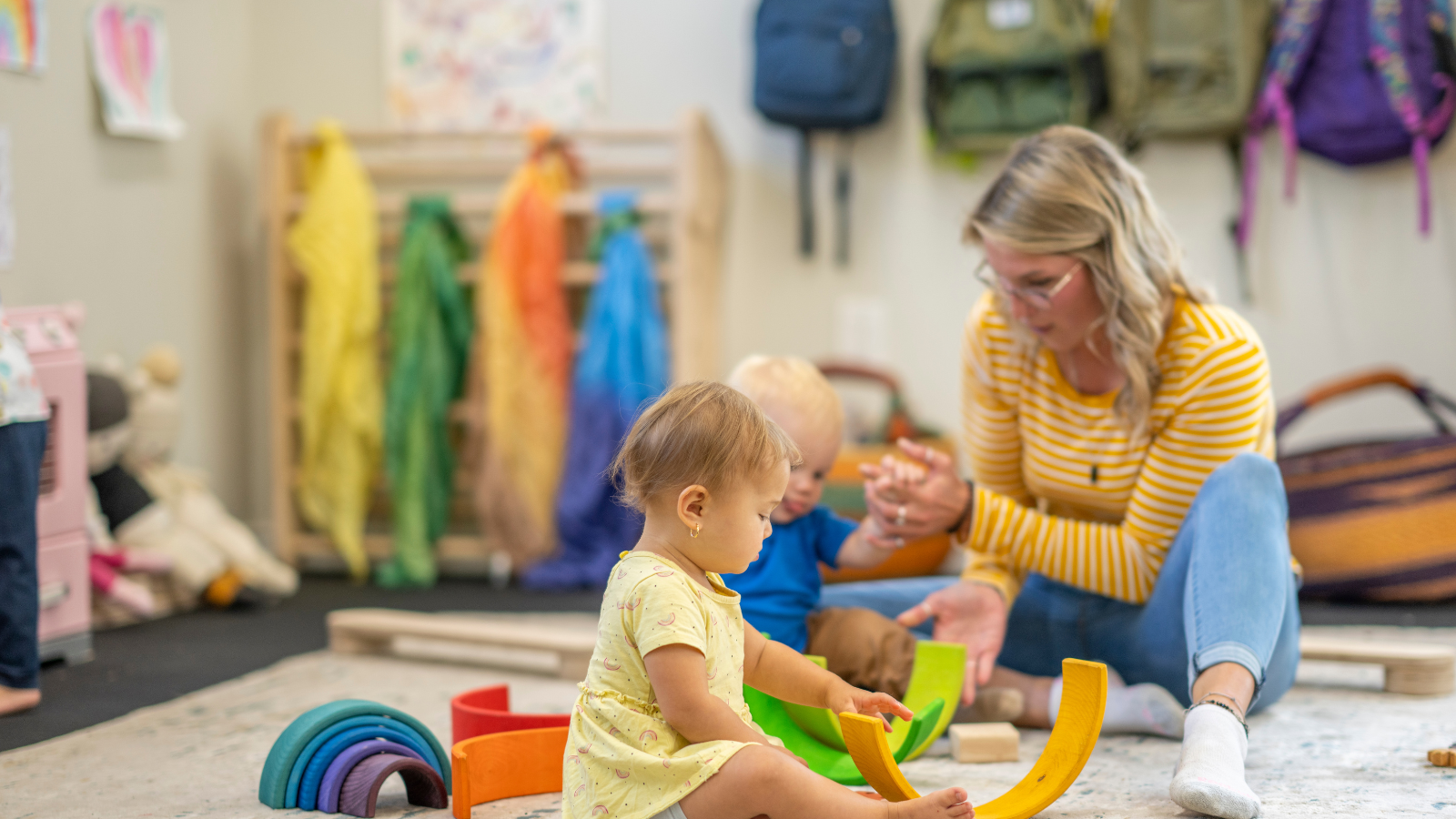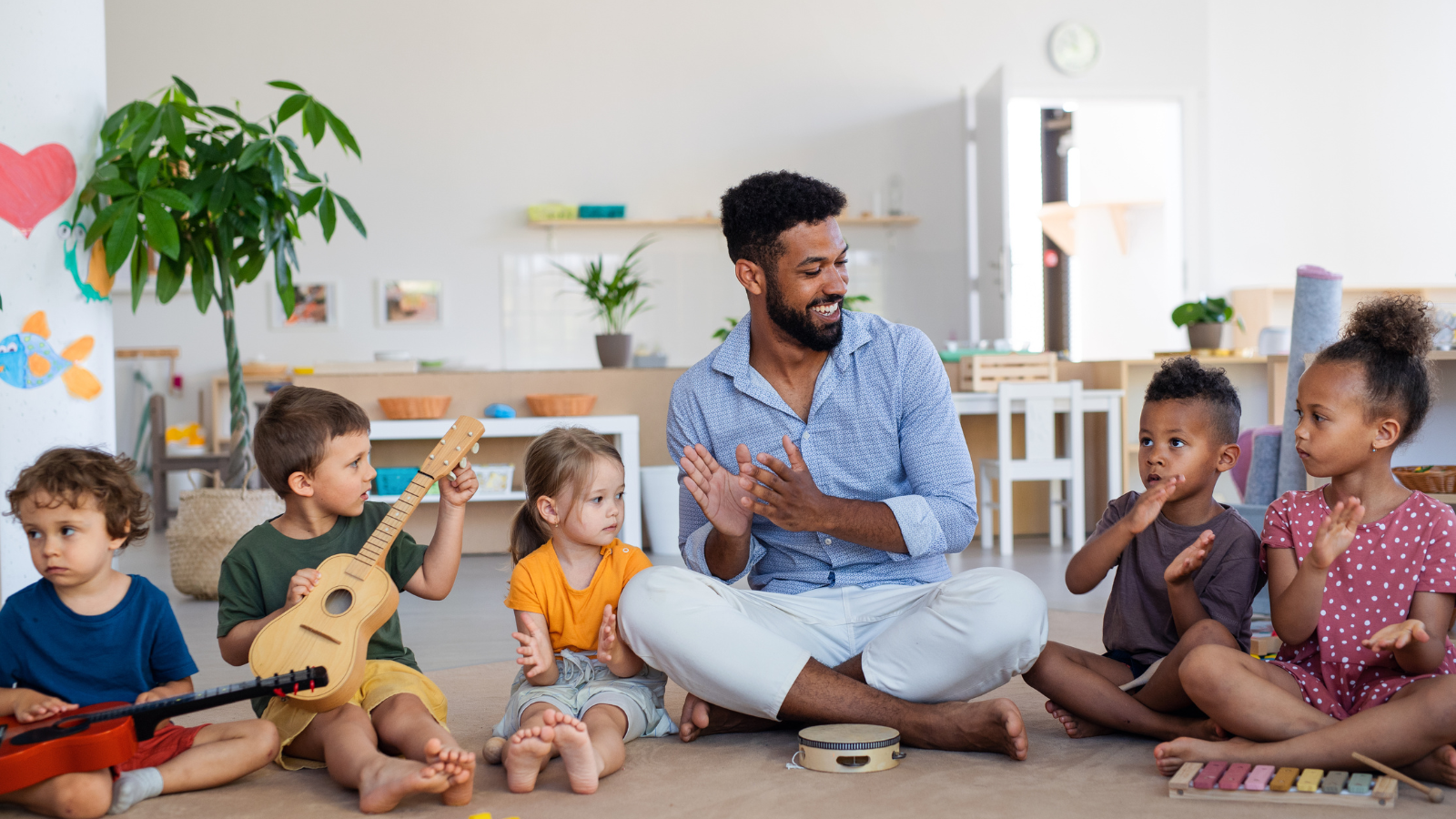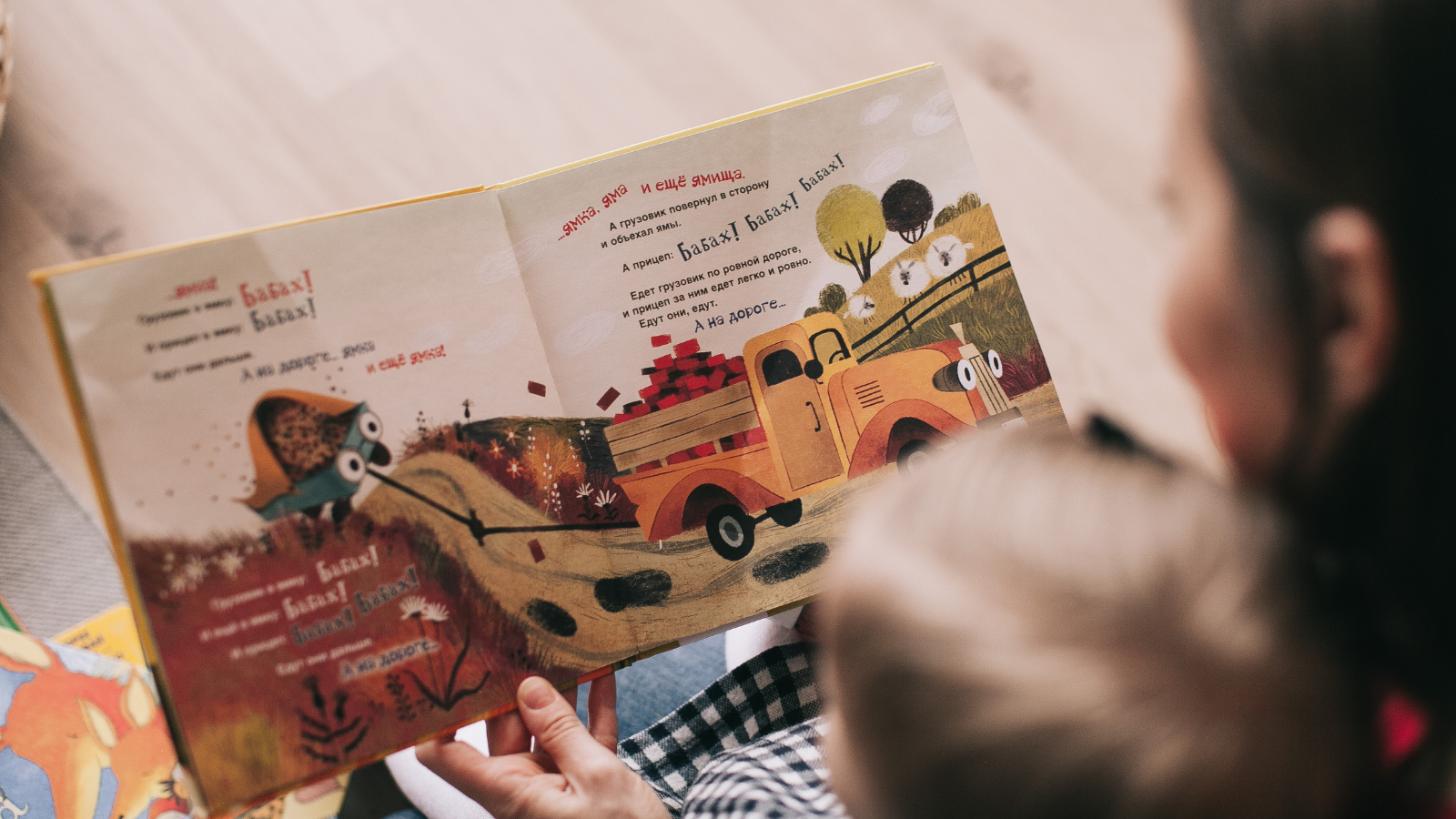In the busy world of teaching young kids, outdoor play is often forgotten. Teachers and parents know how important it is for kids to learn inside, but playing outside is just as important. When kids play outside, they can learn differently. They can explore nature, find new things, and understand the world better. Let’s discuss why playing outside is so important for kids and how we can make the most of it.
Why Outdoor Play Matters in Early Childhood Education
Playing outside is more than just burning energy; it’s essential for a kid’s overall development. When kids go outside, they use their imagination and learn remarkably. Nature is like a big classroom where they can touch, see, and hear all sorts of things that make them curious and creative. Whether feeling the rough bark of a tree or watching clouds move across the sky, being outside gives kids experiences they can’t get indoors. Plus, running around outside helps them get stronger and healthier. So, kids learn and grow in many ways by playing outside, making them brighter and happier overall.
Developmental Benefits of Outdoor Play
1. Improved Gross Motor Skills: Playing outside helps kids better move their bodies in significant ways. Whether climbing, running, or kicking a ball, outdoor play gives them many chances to build up their muscles, improve at balancing, and learn how to move smoothly. With all the space outside, kids can run around, jump, and explore, challenging their bodies and keeping them active. They might climb over obstacles, swing on bars, or ride bikes, which help them get even better at moving. By doing these activities, kids get stronger and more coordinated and feel more confident in themselves, setting them up for a healthy and active life.
2. Sensory Exploration: Being outside is like a super exciting adventure for your senses. When kids go outside, they feel, hear, see, smell, and sometimes even taste all sorts of cool stuff. From the crunch of leaves under their feet to birds chirping, nature is full of exciting things that make kids want to explore and learn. Whether it’s the soft touch of moss or the refreshing breeze on their skin, every moment outside is a chance for kids to experience something new. By exploring their senses, kids learn essential skills like paying attention, sorting things out, and solving problems, which helps them do better in school and life.
3. Enhanced Creativity: Children who play outside can let their imaginations run wild. They can build forts out of branches or make mud pies – there’s no limit to what they can create. Being in nature inspires them to turn sticks, stones, and leaves into extraordinary things. With the freedom to try new stuff, kids get better at being creative and figuring things out. Whether building a shelter or making art with natural materials, outdoor play helps them think differently and develop intelligent solutions to problems. So, playing outside isn’t just fun – it helps kids become more creative and resourceful, which is super handy in everything they do.
Outdoor Activities for Different Age Groups
Infants: Take infants for stroller walks in the park to introduce them to nature’s sights and sounds.
Toddlers: Set up a sensory garden with textured plants and safe, edible herbs for toddlers to touch and smell.
Preschoolers: Engage in nature scavenger hunts or outdoor artworks using organic elements like leaves and flowers.
Creating Safe and Stimulating Outdoor Play Spaces
Designing outdoor play spaces requires careful consideration to ensure they’re safe, accessible, and conducive to learning:
- Incorporate natural elements like sand pits, water tables, and planters to provide sensory-rich experiences.
- Ensure the play area is securely fenced and free from hazards such as sharp objects or poisonous plants.
- Foster exploration by including open-ended materials like logs, rocks, and loose parts that encourage imaginative play.
Benefits of Outdoor Play in Early Childhood
The advantages of outdoor play extend far beyond physical development:
Cognitive Growth: Playing outside makes kids curious and helps them solve problems and think carefully. When they face new challenges outside, like finding their way through an obstacle course or learning about plants and animals, they start asking questions and trying to figure things out. Kids get better at using their imagination and developing creative ideas by doing fun stuff like building forts or making art with nature. So, playing outside isn’t just about having fun – it helps kids become better at thinking and solving problems, which is essential.
Emotional Well-being: Spending time outdoors reduces stress, boosts mood, and enhances overall well-being. The sights, sounds, and sensations of nature calm the mind, helping children unwind and recharge. Studies have indicated that being in natural settings helps reduce anxiety and depressive symptoms in children and promotes feelings of happiness and relaxation. Whether they’re splashing in puddles, basking in the sunshine, or simply breathing in the fresh air, outdoor play offers children a natural remedy for stress and a welcome escape from the pressures of daily life.
Social Skills: Playing outside helps kids learn how to work together and understand other people’s feelings. Playing in groups outside, like building sandcastles or pretending to explore, gives them chances to practice critical social skills. They learn to share, take turns, and solve problems with friends while having fun. By playing together and using their imaginations, kids get better at talking to each other and seeing things from different points of view. So, playing outside isn’t just about games – it helps kids become better at getting along with others, which is helpful in life.
Conclusion
Early childhood education is complete with the enriching experiences offered by outdoor play. As educators and caregivers, let’s embrace the outdoors as a classroom without walls, where children can learn, grow, and thrive amidst the wonders of nature. We lay the foundation for a lifetime of appreciation, stewardship, and learning by fostering a love for the outdoors from an early age.
At Paramus Daycare, children enjoy a safe and caring space to play, learn, and thrive while having fun! Our dedicated staff and teachers design daily activities and programs that support children’s social, emotional, cognitive, and physical development. Our top priority is establishing a setting where kids may grow in every aspect, ensuring they have the best possible experience as they learn and explore.
Let’s step outside and let the adventure begin!

